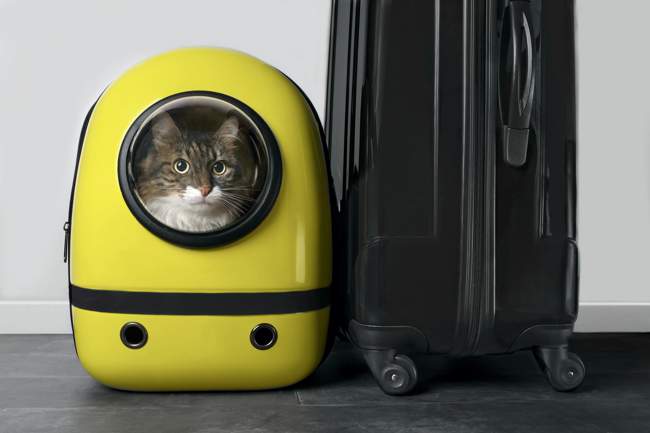
You may think you have all of your visas and accommodations set for your move abroad, but if you haven’t taken the necessary steps to secure your pet’s passage, then you could face major headaches on the trip.
Depending on the country you’re moving to, your pet needs its own paperwork to avoid being banned. Begin this process a few months before you leave to make sure your faithful companion is relocated stress-free.
Refer to the Consulate
Your pet is a valuable member of the family, which be incomplete without him or her. To the government of the country that you’re moving to, your pet is considered an import. Contact the consulate of your future home country to make sure your pet’s species is allowed inside the borders.
If your pet is allowed in the country, it may need to have paperwork, health certificates, or a pet passport. You may need to register it with the local or even national government. Knowing all of this beforehand can ensure your pet legally resides in your destination country.
Take Your Pet to the Vet
Some countries require humans to be vaccinated to get across the border — and pets are no different. Once you’re armed with the paperwork and shots your pet needs, head to the vet to have them inspected. This might also be a good opportunity to get your pet fixed and micro-chipped if it isn’t already.
While you’re at the vet, ask about long-term medication and health. Some shots will last a year or two, so this will reduce your immediate need to find a vet when you relocate.
Do Your Airline Research
Some airlines won’t transport certain types of animals. For example, Southwest, JetBlue, and American Airlines don’t allow birds in the cabin or cargo. Other airlines won’t transport reptiles or dogs above a certain size and weight. Before you book your ticket, make sure your pet can fly with you.
Find the Right Crate
All pet crates must be approved by the International Air Transport Association (IATA). A pet that isn’t in a standard crate won’t be allowed to board. Research the airline you're using and see if you can rent a crate from it, or if it has a service it recommends. For example, those flying Qantas and Virgin Australia can rent from Jetpets.
Bring Your Pet’s Favourite Items
While you may be tempted to buy a new bowl, bed, and even food when you get there, it might not be what’s best for your pet. Try to move with as much of their belongings as possible. While you know what’s going on, they don’t. These small tokens of familiarity will go a long way to calm them down.
When you arrive at your new destination, give them plenty of love so they feel comfortable and safe.
If you need assistance moving your beloved pet, get in touch with the Chess Moving team on 13 14 69, or read more about our pet transportation solutions.